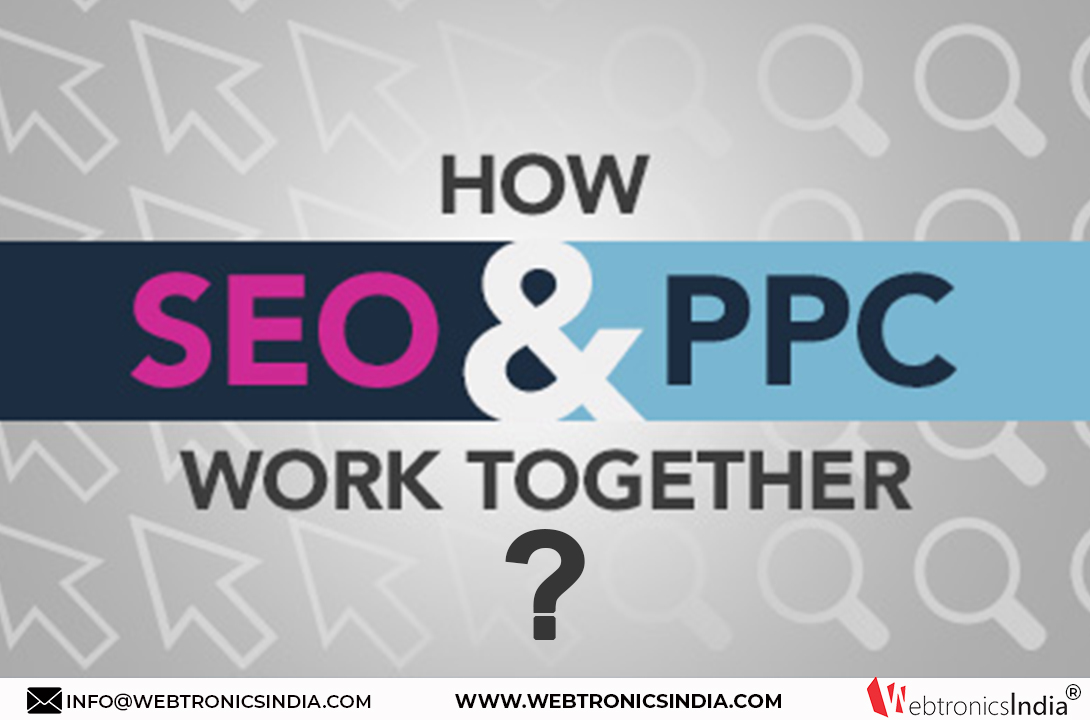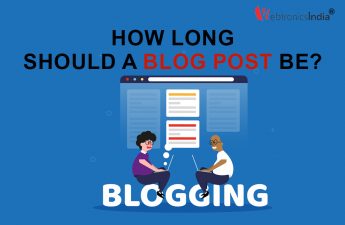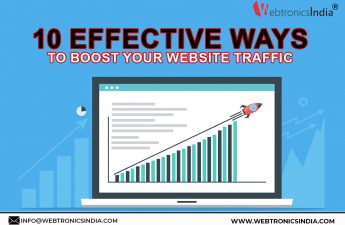SEO and PPC are often mentioned as two separate techniques by SEO experts or a PPC company, but combining these two methods can yield greater results for any business. Generally, these two methods are considered to be alternatives to each other, with a digital marketing agency investing in one strategy at a time. This is a mistake, as SEO and PPC work best when integrated with each other for a website to reach its maximum potential in the search engine result pages.
SEO or search engine optimization is a technique of increasing the traffic of a site organically by following all the guidelines given by the search engines. On the other hand, PPC is the technique of increasing traffic by creating and targeting the ads in search engines and other online destinations. Even though the path of SEO and PPC is different, they work towards similar goals, i.e. bringing traffic or leads to the website.
How do SEO and PPC work together? Let us understand the relationship between the two methods, their similarities, their differences, and how they work together for a successful online business.
SEO and PPC – The Dissimilarities
Both SEO and PPC come under the umbrella of Search Engine Marketing, but with the following differences:
- The paid adverts mostly appear on the top of search engine listings above the organic SEO rankings – which are influenced by SEO implementations.
- In the case of PPC, the advertisers are supposed to pay for the visits to their ads. This is the opposite in the case of SEO where the clicks are a result of better visibility on the SERP by following the best SEO guidelines.
- For a PPC company, the results generated from PPC campaigns are immediate and once the campaign ends, the website’s metrics will revert to pre-campaign levels. On the other hand, SEO strategies used by SEO experts take a long time to show results and the website owners may not get the desired traffic for months to years. But once the site’s SEO starts getting traffic, the visibility improves with time and is extremely beneficial for the business.
SEO and PPC – The Similarities
Along with certain differences, SEO and PPC also have certain similarities.
- Both methods are aimed at driving traffic to the website and getting the desired conversions. The SEO company is aimed at reaching the top of search engine result pages by organic means. The PPC company spends money to get the leads for the website. In both cases, the end goal remains the same.
- Both PPC and SEO are keyword-driven strategies. The SEO experts analyze the relevant keywords and terms to optimize the titles, meta-tags, content, and on-page elements. Similarly, a PPC company will conduct keyword research to identify the best keywords for bidding and to rule out the unnecessary keywords by negative keywords.
Now that you know the differences and similarities between PPC and SEO, let us understand how SEO and PPC work together for a website.
How do SEO and PPC Help Each Other?
Both SEO and PPC work towards generating traffic for a website by:
-
Improving Visibility in Search Engine Result Pages
- When a PPC company runs an ad, it appears on the top of search results, thereby being the first thing that the user notices. If a brand uses PPC with SEO, it can occupy a large part of the SERP, where the top section will showcase the brand ad and the second half of the page will contain the organic listings. In this case, even if the searchers miss the ad section, they will end up clicking the organic rankings, thereby giving traffic to the website.
- This helps websites gain double exposure as both SEO and PPC strategies are being employed for a better click-through rate.
- Also, when a searcher notices the same domain name in ads as well as organic search results, it helps in building confidence in the brand and its authenticity.
-
Keyword Teamwork
- Both PPC and SEO rely heavily on keywords for visibility on search engines. Without using the relevant keywords and phrases, it is impossible for the brands to gain visibility in the search engine’s result pages.
- The brands who have been optimizing their sites for search for a long time have the relevant keywords data to run effective PPC campaigns. However, if you are a business new to SEO, but have run PPC campaigns that delivered results, you can utilize the successful PPC keywords and use them in SEO to optimize your website for enhanced visibility and traffic.
- The PPC campaign data can be used by SEO experts to understand the types of terms being used by the searchers to find their product and service. Instead of waiting for the SEO data to draw the inference, the SEO company can utilize the PPC data to make the necessary adjustments.
- Once the SEO results can be seen, the same information can be used by a PPC company to help improve the effectiveness of their promotions.
-
Increased Brand Awareness
- When a user clicks on a PPC ad, they are taken to the landing page of the website where they learn about the brand and the product or services offered by it. If the user is not happy with the website offerings, he may leave the page resulting in a bounce.
- This may seem like bad news but if the same user sees the same brand in the organic listings in the near future, he is likely to remember the previous interaction with the website and may click on it.
- Now that your customer is familiar with your brand, he is more likely to engage in the organically ranked content, thereby improving the traffic of the website.
- Therefore, it wouldn’t be wrong to say that the PPC campaigns can be used to generate awareness for a business. The ad may not provide immediate conversion but may contribute to organic traffic in the future.
Summing Up
A combined PPC and SEO campaign can help the website owners in dominating the search engine result pages. Integrating your data together and analyzing it thoroughly will help you make smarter decisions for getting conversions for your business. If you are an SEO company or a PPC company, using both techniques will help you in increasing your brand awareness, user engagement, and customer acquisition.




